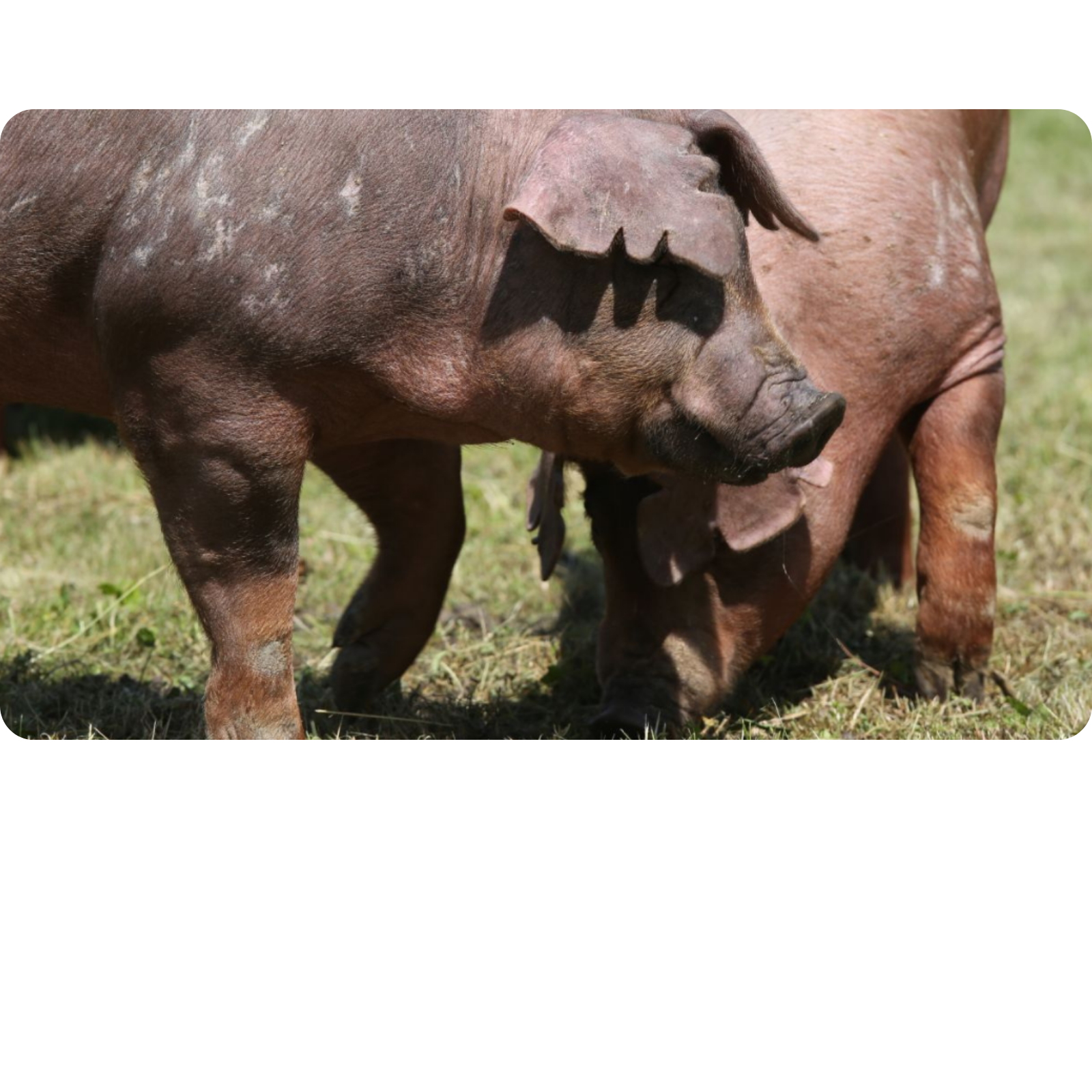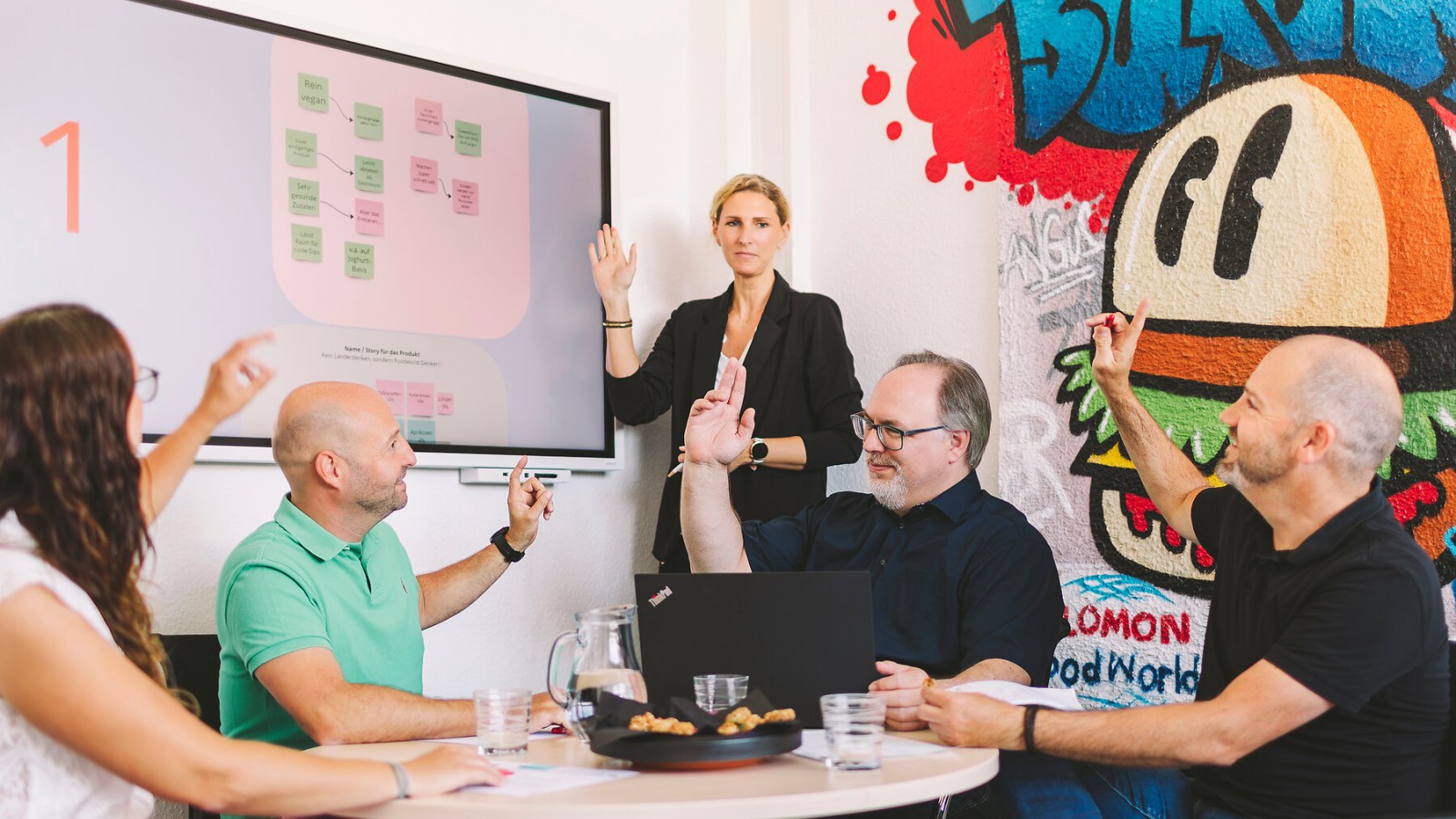Our Guidelines
We promote the use of sustainable raw materials and avoid environmentally harmful substances. We reduce resource consumption as much as possible and focus on the transition to ecological energy sources. For unavoidable impacts, we provide compensation measures.
As Sustainable Production as Possible
We pay attention to short supply routes for our raw materials and products and continuously improve their more sustainable and resource-saving production. It is important to us to create authentic and natural products whenever possible.
Climate
Our Long-Term Goal: Net zero emissions by 2045
along our value chain (Scope 3).
Our Mid-Term Goal: Net zero emissions by 2028
in direct and indirect CO2 emissions (Scope 1 & 2).
To achieve these goals, we focus entirely on Avoiding, Reducing, and Compensating.
Since January 1, 2024, we have been sourcing electricity from renewable energy at all our sites. With this important step, we have already reduced our Scope 1 & 2 emissions by over 60%. Our next step is to calculate our Scope 3 emissions to identify possible areas for action. By 2027, we aim to reduce our Scope 1 emissions as much as possible. The main influencing factor in this area is the use of fossil fuels in our production processes.
Scope 1: Emissions of climate-damaging gases within our own company (direct emissions)
Scope 2: Emissions of climate-damaging gases by energy suppliers (indirect emissions)
Scope 3: Emissions of climate-damaging gases from production processes (upstream and downstream emissions)
You can find an overview of our 2024 sustainability performance here.
ISO 14001 and ISO 50001
Our two production sites in Großostheim and Holwickede are certified according to ISO 14001 (Environmental Management) and ISO 50001 (Energy Management). Through continuous monitoring and targeted analysis of our energy consumption, we optimize our processes – for greater efficiency, fewer emissions, and a responsible future.
Ongoing Investments
Through optimization of the compressed air systems,
including new highly energy-efficient compressors with heat recovery, we have been able to further reduce our electricity consumption.
At our Holzwickede site, we aim to replace the thermal afterburning with a sustainable alternative and thus reduce our Scope 1 emissions (natural gas consumption).

Lean and Green Award
Thanks to our optimized logistics system, we were able to reduce 25% of our CO2 emissions.
For this, we were awarded the Lean & Green Award by GS1 in 2022.
Learn more here.
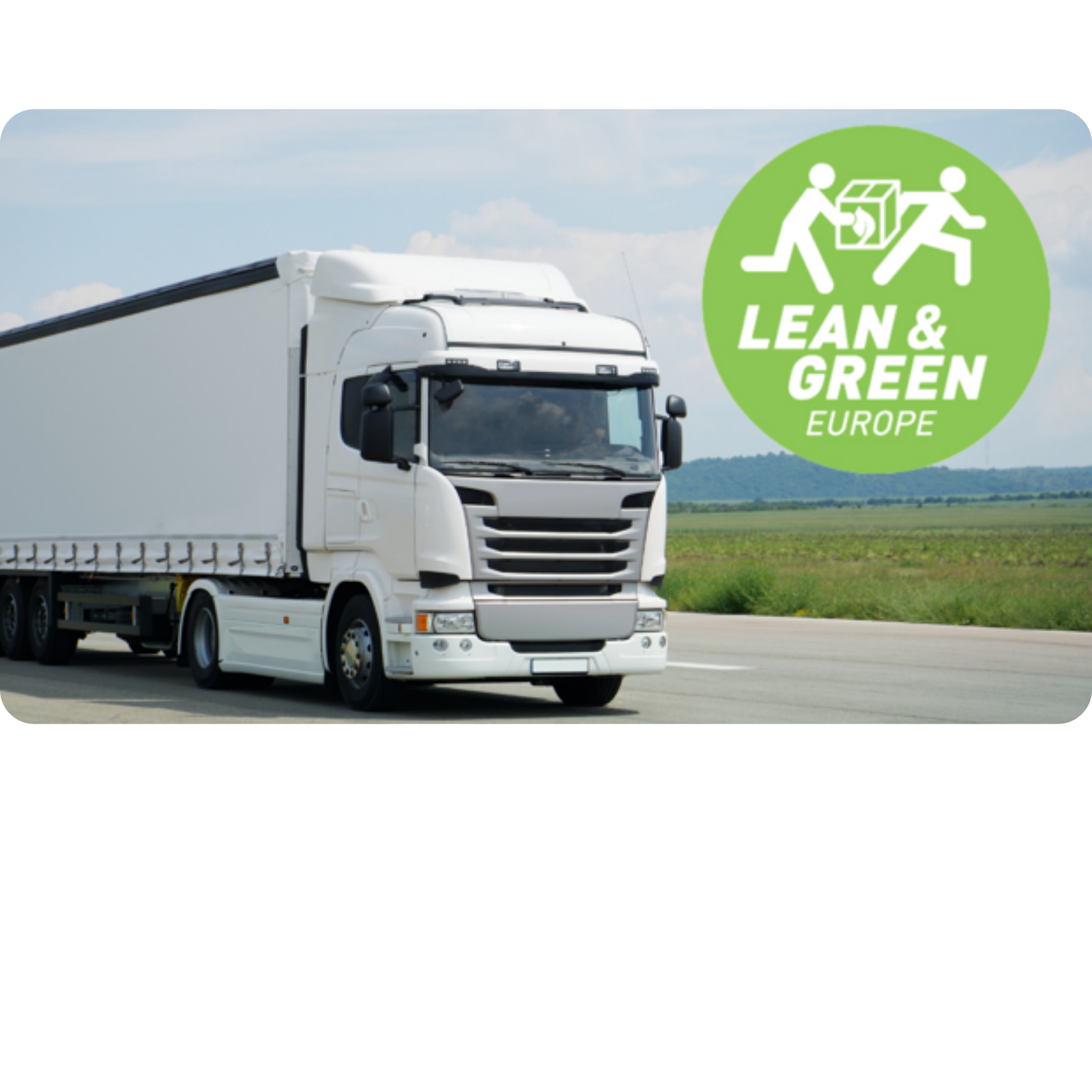
Biodiversity
Our contribution to biodiversity…
Flower Meadows
In cooperation with IG Blühender Bachgau 2.0, we have established 2000 m² of flower meadows on our premises in Großostheim, thereby promoting biodiversity in our surroundings.
Bees
We maintain our own beehives and have built wild bee hotels together with Pflaumheim Elementary School, which are installed at the Großostheim site.
Forest Areas
We maintain species-rich groves – a valuable habitat for numerous animals. These biotopes are complemented by an inconspicuous but ecologically significant dry grassland with diverse flora. The areas are deliberately left natural to promote natural development and strengthen biodiversity.
Naturalness & Environmentally Friendly Packaging
Naturalness
free from genetically modified organisms (GMOs)
Our products are, with only a few exceptions, free from additives that require labelling (exceptions are traditional ingredients such as curing salt in ham)
no palm oil at all

Environmentally Friendly Packaging
100% of our packaging is recyclable, as we primarily use mono-materials.
Furthermore, the cartons used in our production sites are made from recycled materials, and 98% are FSC or FSA certified.
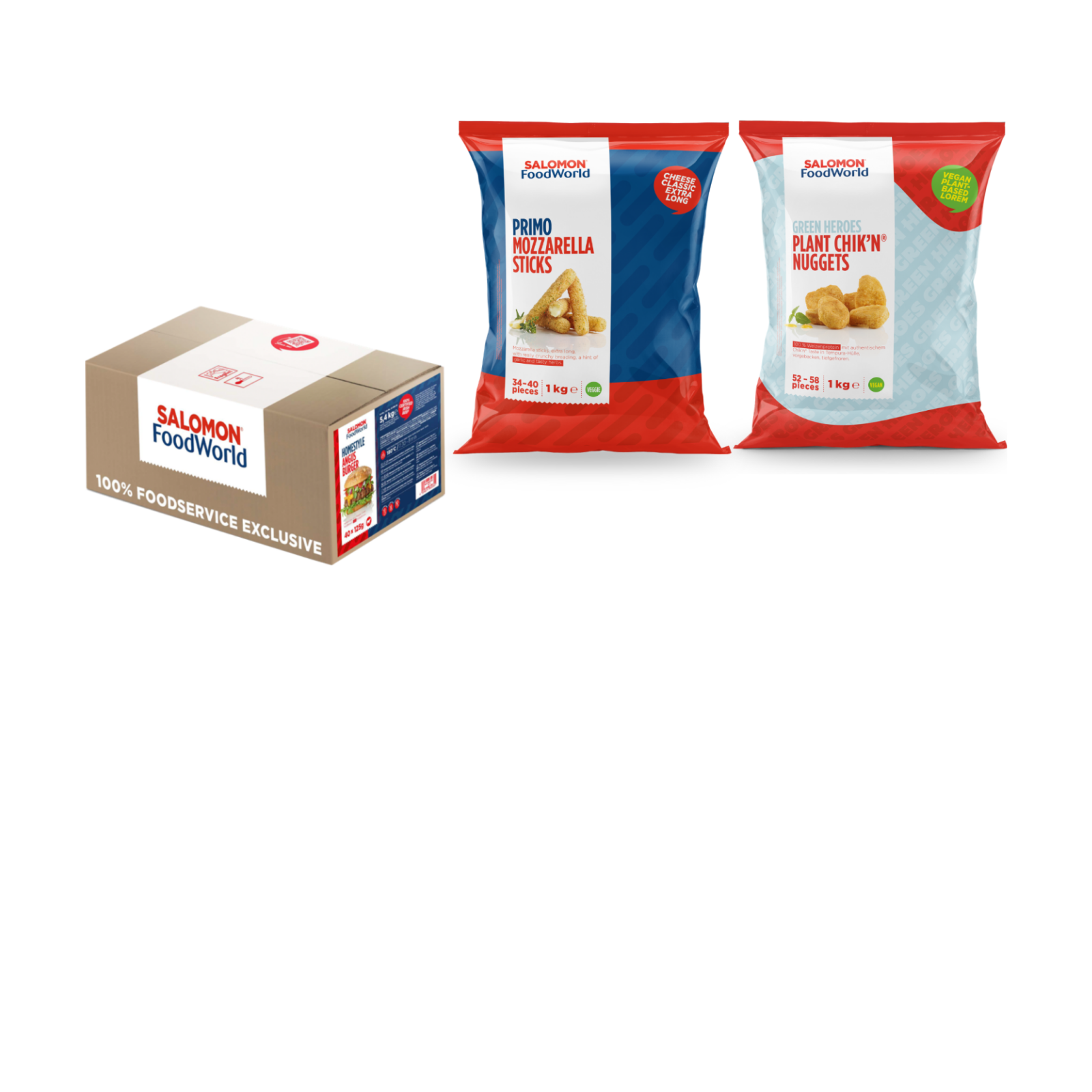
Animal Welfare
Slaughterhouses
In all* slaughterhouses of Vion (our largest meat supplier), a camera system is used that monitors all processes involving live animals. Additionally, this camera surveillance system is enhanced with artificial intelligence.
Both during renovation planning and employee training, Vion uses innovative technologies, such as the VR cow glasses: these help to perceive the environment from the animal’s perspective.
*Except Furth im Wald due to data protection concerns by authorities.

Animal Transport at Vion
Decentralized network of size-optimized slaughterhouses
89% of cattle and 95% of pig transports can be limited to a maximum of 200 km or 4 hours
Reduction of stocking density during heat periods (>27°C)
Regular training of transport companies regarding animal welfare
Standardized transport checks at every unloading of animals

Animal Welfare in Organic Farming
Species-appropriate animal husbandry, including criteria such as more space for the animals, access to outdoor areas, and much more
Sustainable agriculture and feed through, e.g., avoidance of chemical-synthetic pesticides, avoidance of genetic engineering, and a balanced ratio of feed areas to animals kept
Strictly limited and controlled use of medications through species-appropriate husbandry systems and stricter regulations
Water & climate protection through legal EU organic standards for participating agricultural enterprises
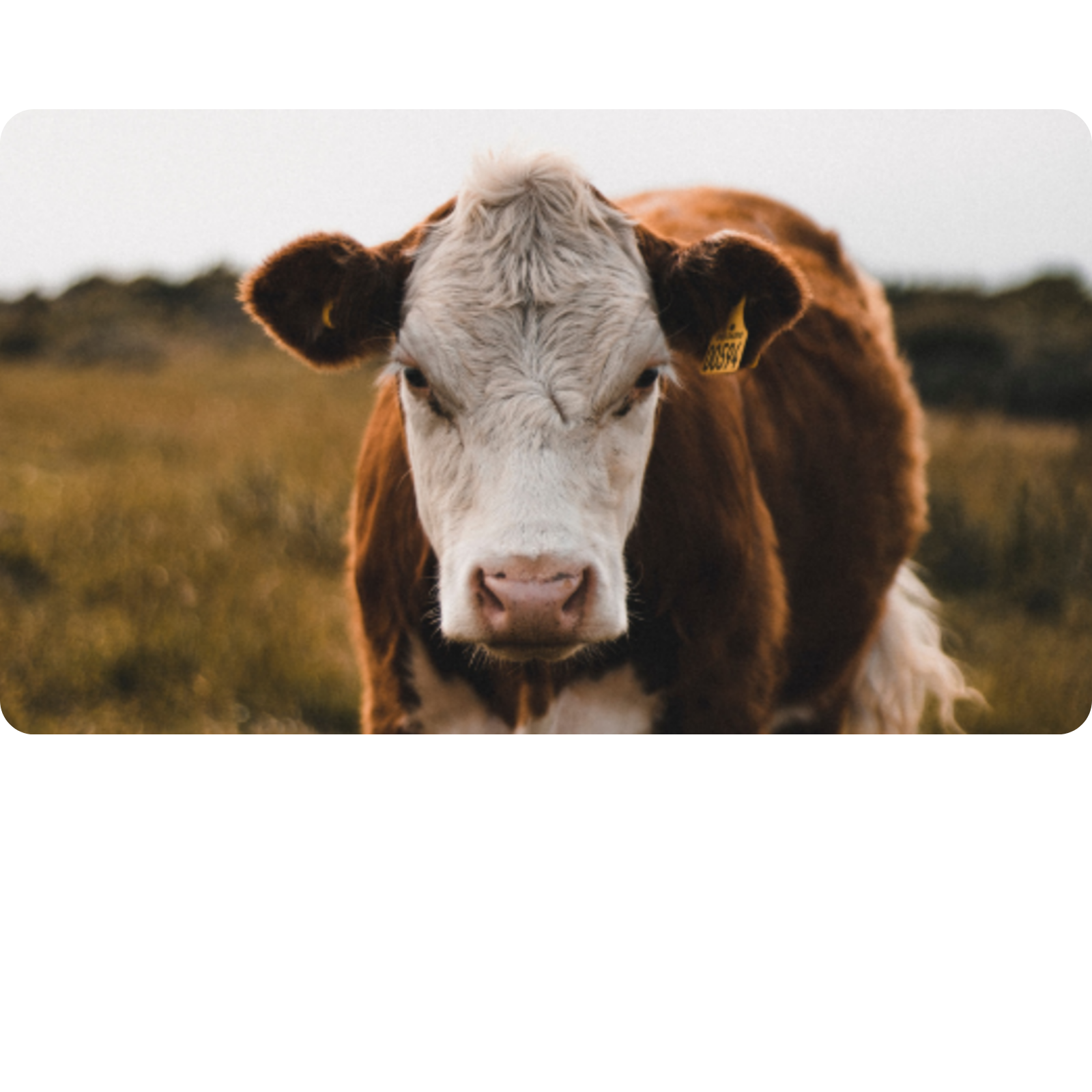
Der Grüne Weg
We source our organic beef from Allgäuhof.
Our organic pork comes from our partner Der Grüne Weg, one of the largest organic meat producers in Europe.
Since 1981, Der Grüne Weg has worked closely with the best organic farmers in the Netherlands.
The shared goal is a good life for the animals, a fair price for the farmers, and producing excellent meat of the highest quality for the customers.
They know each other personally and work together based on trust.
These are passionate farmers who have consciously chosen organic farming.
Learn more here.
